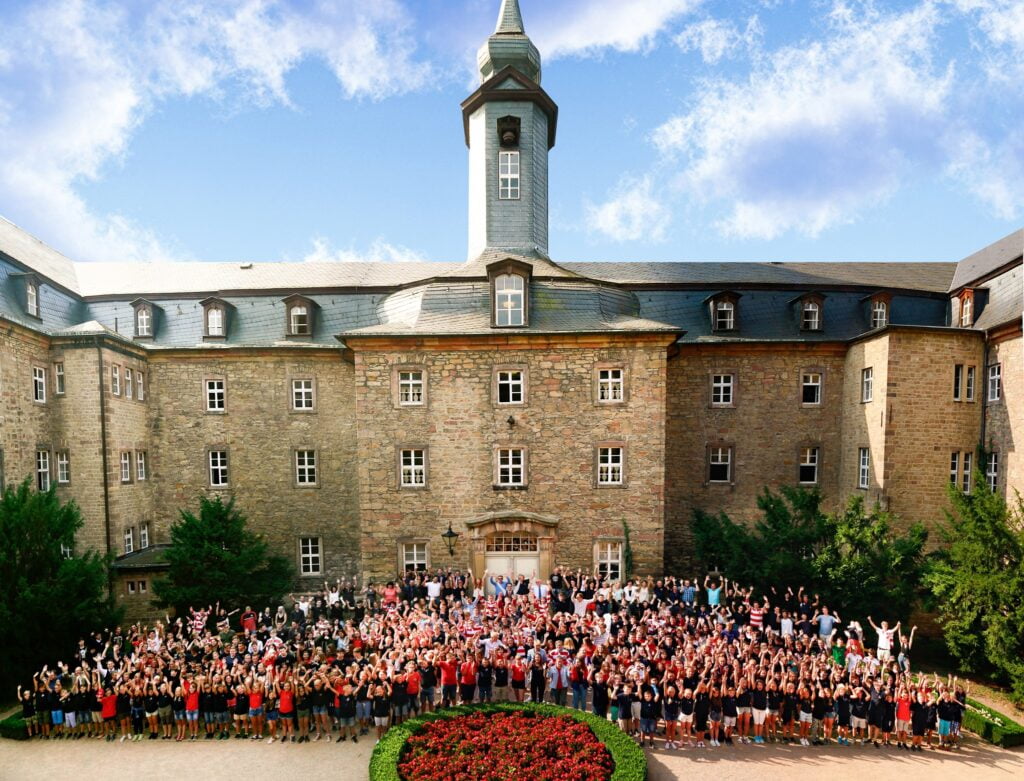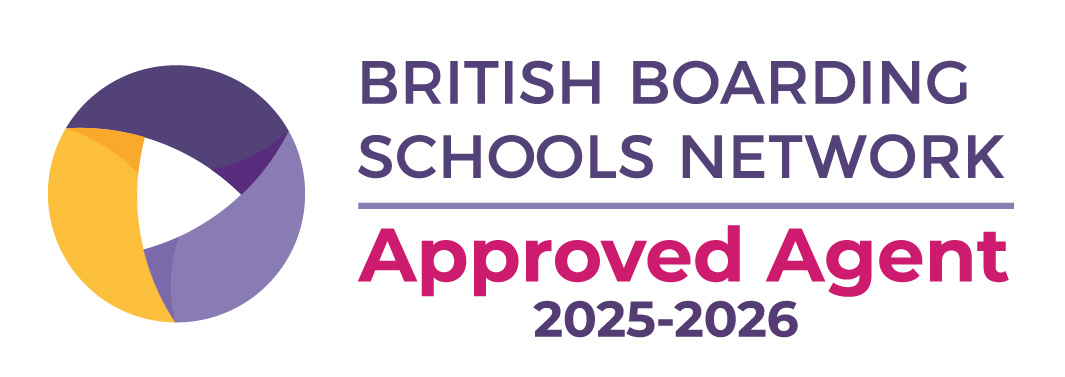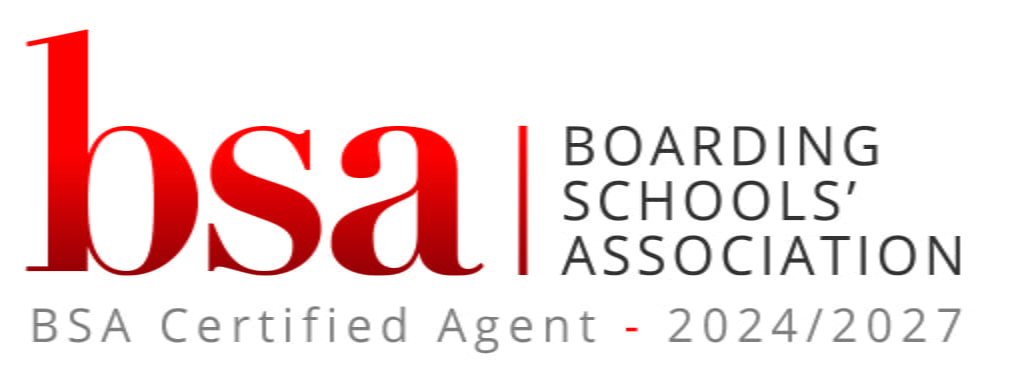Contents:
Book a free consultation today!
What are international schools?
In today’s world, where borders are increasingly blurred and careers often span multiple countries, education faces new demands. Traditional subjects remain important, but they need to be taught through a modern, global lens. International schools embrace this challenge, preparing young people for success in a globalised world.
The term “international school” is not strictly defined. It may refer to schools located in one’s home country that identify as international, as well as schools abroad that welcome students from around the world. These can include primary schools, secondary schools, or upper schools offering international qualifications. What unites them is a shared commitment to fostering global perspectives.

Expectations and standards in global education
Parents everywhere want the same fundamental things for their children:
- A safe environment where they can grow and thrive
- A strong foundation for lifelong learning
- Encouragement and motivation from teachers
- Individual recognition of strengths and interests
- Preparation for the challenges of adult life
- A grounding in values
International schools meet these traditional expectations, but they add a distinctly modern dimension. Children today grow up in a world where continents feel as close as neighbouring regions. The internet, global communication, and the interconnected nature of business mean that future leaders must be able to think and act internationally.

International schools with a vision for the future
Education has always prepared students for their future careers, but the global economy and rapid advances in technology have changed what that preparation looks like. International schools lead the way in equipping young people with the skills needed today:
- Interdisciplinary learning
- Proficiency in multiple languages
- Encouragement of creativity, initiative, and entrepreneurship
- Intercultural understanding
- Confidence in using media and technology
They modernise traditional curricula, integrate new technologies thoughtfully, and challenge students to approach problems creatively while applying theory to real-world issues.
A year abroad at an international school
The benefits of attending an international school are even greater when that school is abroad. Whether in Europe, North America, Asia, or beyond, students gain not only academic advantages such as small classes, motivated teachers, and excellent resources, but also life-changing cultural experiences.
Living and learning alongside peers from across the globe helps young people develop intercultural awareness and teamwork. Daily immersion in another language, especially English, builds fluency and confidence. By the time they return home or move on to university, students have the communication and critical-thinking skills that are essential in an international environment.
Rethinking the classroom
International schools offer a modern take on core subjects. Mathematics, languages, sciences, and humanities remain central, but they are approached through contemporary themes:
- Climate change in the sciences
- Lessons from history for present-day challenges
- Global politics and cultural studies in the humanities
- Business and negotiation skills in languages
Many international schools also introduce subjects rarely found in national curricula, such as robotics, psychology, or environmental science, broadening students’ horizons and helping them discover passions that may shape their future studies or careers.

People skills – a hallmark of international schools
Ask anyone who has studied abroad and they will often describe it as a transformative experience. Leaving one’s comfort zone, navigating cultural differences, and learning to adapt to new situations are powerful lessons in resilience.
International schools place particular emphasis on developing so-called “people skills” or soft skills. The ability to negotiate, collaborate, and see the world from different perspectives is as valuable as academic excellence. These skills often prove decisive in leadership, business, and professional life. Many businesses place ‘analytical skills’ as the highest priority when seeking new talent.
Personal growth beyond the classroom
International schools understand that education extends well beyond classroom lessons. Boarding schools, in particular, provide rich opportunities through sport, the creative arts, and extra-curricular activities.
World-class sports facilities are common, especially in North America and the UK, while many schools nurture talent in music, drama, and visual arts. These experiences develop creativity, confidence, and teamwork—qualities increasingly prized in both higher education and professional life.

Qualifications at international schools
Most families considering an international school also think ahead to university. International schools often act as gateways to the world’s leading universities.
Qualifications include:
- International Baccalaureate (IB) – recognised by universities worldwide
- A-Levels (UK) – highly regarded globally, offering specialisation in chosen subjects
- US High School Diploma (often combined with Advanced Placement courses)
These are widely accepted across continents, enabling students to pursue higher education almost anywhere.
International Schools FAQ
What are international schools?
Schools that prepare students for global careers and study through modern teaching methods, international curricula, and often English-language instruction.
How do international schools differ from regular schools?
They typically offer broader subject choices, a multicultural environment, and internationally recognised qualifications.
Can you go to university with a qualification from an international school?
Yes. The IB, A-Levels, and US High School Diploma, among others, are recognised by universities around the world.
Schedule a free consultation
How can we help you?

Julia Wilmes
Managing Director
Supporting families through these important steps in their children’s educational journey has become my heartfelt mission since founding Akademis. That is why it is especially important to me that we dedicate ourselves to every student seeking a boarding school with empathy and personal care.







